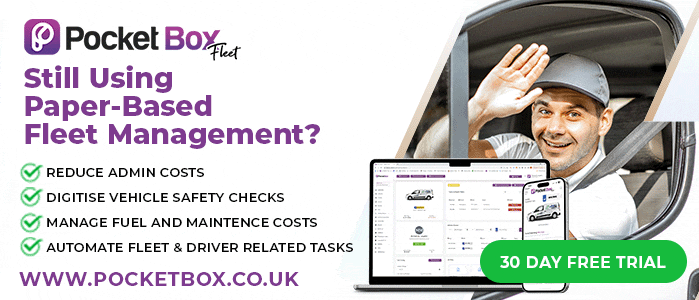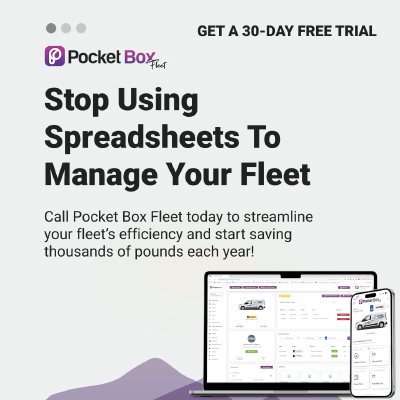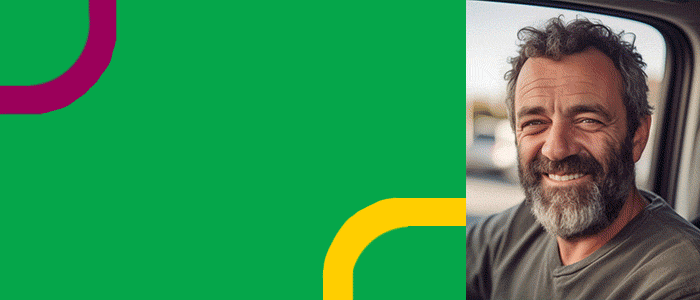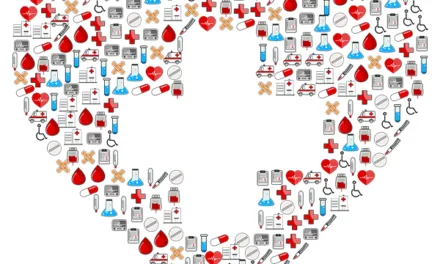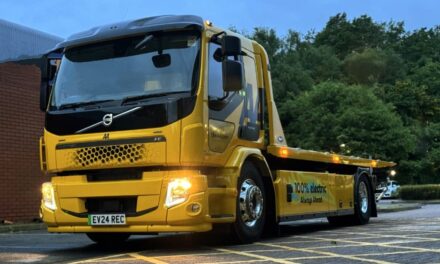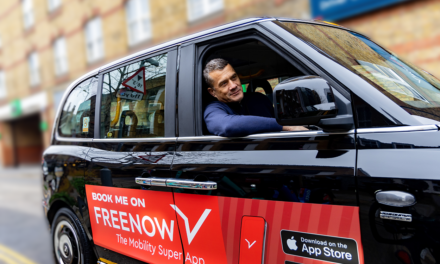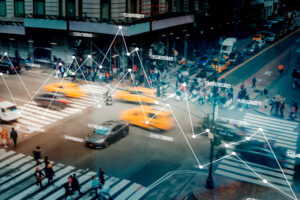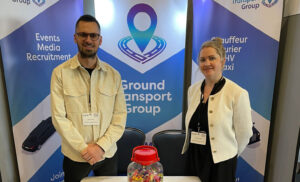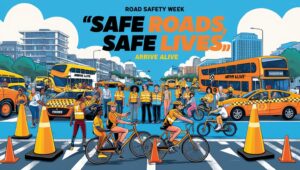Managed ground transport specialists, CMAC Group, recently interviewed seven influential women currently working in the transport industry to find out their opinions on the current state of gender diversity within the sector, and what they believe can be done to improve this.
CMAC discovered that while there has been a lot of progress over the last decade with regards to representation for women in the workforce, there is still work to be done in order for true equality to be present in boardrooms and frontlines when it comes to the transport industry.
CMAC Group wants to inspire a new generation of women to join the transport sector, and to shatter the glass ceiling by climbing the corporate ladder into leadership roles. Currently only 20% of the transport workforce are female, so CMAC wants to help change that by sharing experiences, insight and advice from some fantastic female role models within the industry.
The below questions were posed to CEOs, Directors and Consultants from a number of highly influential organisations including Network Rail, Rail Delivery Group, and what3words.
Jennifer Christie, Partner Success at what3words:
Driving real change requires representation and leadership from the top. And ultimately lived experience plays a huge role in bringing the real experiences from individuals. This spans from the choices they’ve had to take, the experiences they’ve faced and the challenges they’ve encountered – in order to see the systemic, representative and truly impactful changes needed in the transport sector to make it a more inclusive space. What’s also hugely important is making sure that their voices are valued, respected and taken onboard by everyone in (or out) of the room. You might have women in these senior roles – but if the respect isn’t there and they’re not listened to, it will still be hard to have the impact needed.
Jools Townsend, CEO of Community Rail Network:
Diversity within senior leadership, and at all levels within organisations, is incredibly important. It helps to broaden the thinking and introduce different lived experiences to strategic and operational planning, discussions and decision-making. It’s also crucial for innovating and being adaptable and sustainable.
But as well as transport organisations being inclusive, diverse and representative in terms of their own make-up, it’s also vital that they are outward-looking, and engaging widely, listening and responding to the communities around them. Often in public transport there’s a tendency to engage and consult existing passengers, and forget about the wider world. Actually, if we’re to make our railways, buses and other forms of sustainable transport more inclusive, and enable people to mode-shift to reduce private car use, we need to be thinking much more about the many people not using these modes already, and how we can break down barriers. This is a big part of what happens in community rail, working with local partners and the rail industry.
Rachel Hughes, Owner at Surbon Consulting:
Yes, having women not only in senior leadership roles but also throughout the organisation helps make transport systems safe and more inclusive in terms of decision making. I remember being in a bid workshop a number of years ago discussing security and the other women and I had completely different experiences and views to the men as to what would improve security and safety. There was quite a lot of debate but the list of initiatives at the end of the meeting was collectively agreed by all to be far more comprehensive.
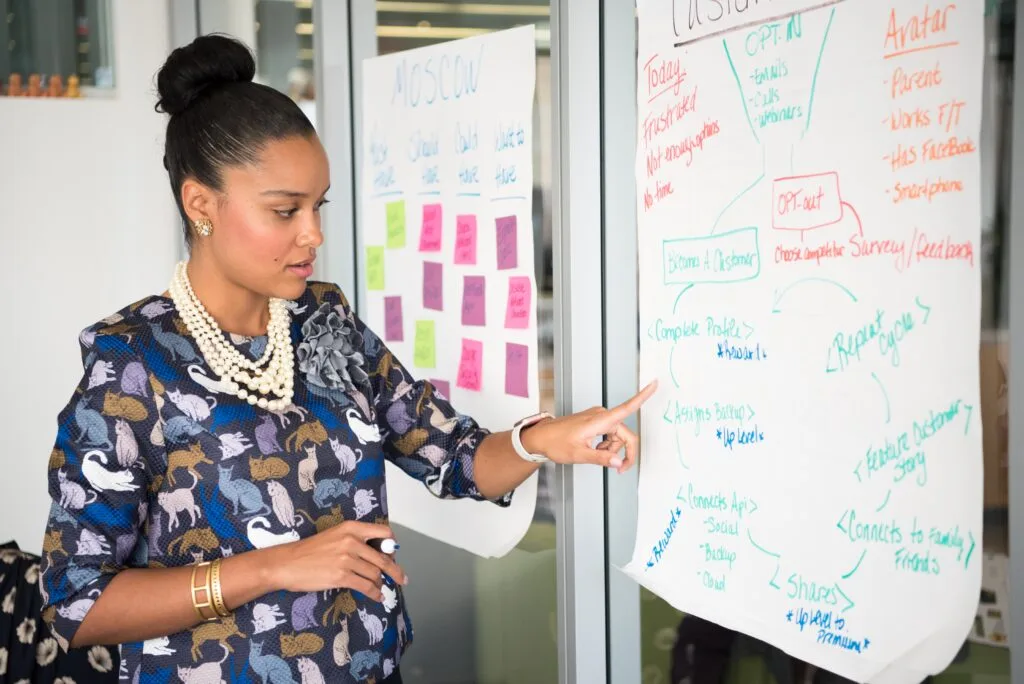
Do you feel that women are equally represented within the transport sector?
Kelly Barlow, Business Director, The Hub Transport Advisory:
No, we are definitely underrepresented – especially in frontline roles such as track maintenance, train driving, control & planning, and train maintenance, and there is certainly a lack of representation in the board room.
Jacqueline Starr, CEO at Rail Delivery Group:
No, of course I don’t. As I type, I’m off to a dinner with three women and 18 men, and that’s very indicative of the level of representation across the sector. However, most men I speak with recognise the issue too, and they understand that it’s not just our problem to solve.
Charlene Wallace, Customer & Freight Director at Network Rail:
I believe we are trying to bridge the gap and there are certainly more women in our industry now than when I first started. However, we still need to attract more talented women to our industry. Awareness and action will lead the change.
What should the industry be doing now and in the future to attract and retain more diverse talent?
Zoe Walsh:
I think we should be looking to expand the way we recruit, specifically reaching out to under-represented communities. We have the data and the technology to do this, and everyone is on social media so we have opportunities to attract diverse talent literally at our fingertips. We should be emphasising what’s in it for them and creating communities within our industry. This is one of the things I am working on with the non-profit Think Pink alliance and I’m excited to start seeing communities of women drivers grow.
Kelly Barlow:
Combine forces, thinking and resources so we act as an industry. There are some great examples now of things we are doing well, so we need to keep at this and keep striving to be better. We need to be insights driven and use the industry data to drive solutions which will tackle problems identified throughout the whole employment cycle. In my opinion I think the industry must make a step change in enabling flexible working patterns.
As a working mum, I have a new found respect for all working mums and flexibility is an essential part of modern day working life. Working practices, rosters, and organisation design need to shift to part time flexible arrangements. As an industry I also don’t think we can do enough with STEM activities – these should be seen as a driver for business change and not just as an ‘add on’ to someone who shows passion for this area.
Jennifer Christie:
I highly recommend working in partnership with organisations, non-profits, charities and interest groups that are doing more to encourage more women into these sectors as well as working with young people in schools to promote the industry.
Organisations should also put conscious effort into showcasing and profiling their talent and workforce. Many of our industry events and publications still do not have enough female speakers and contributors. Increased intentional efforts to profile women in our industry will only help attract and retain talent. You can’t be what you can’t see.
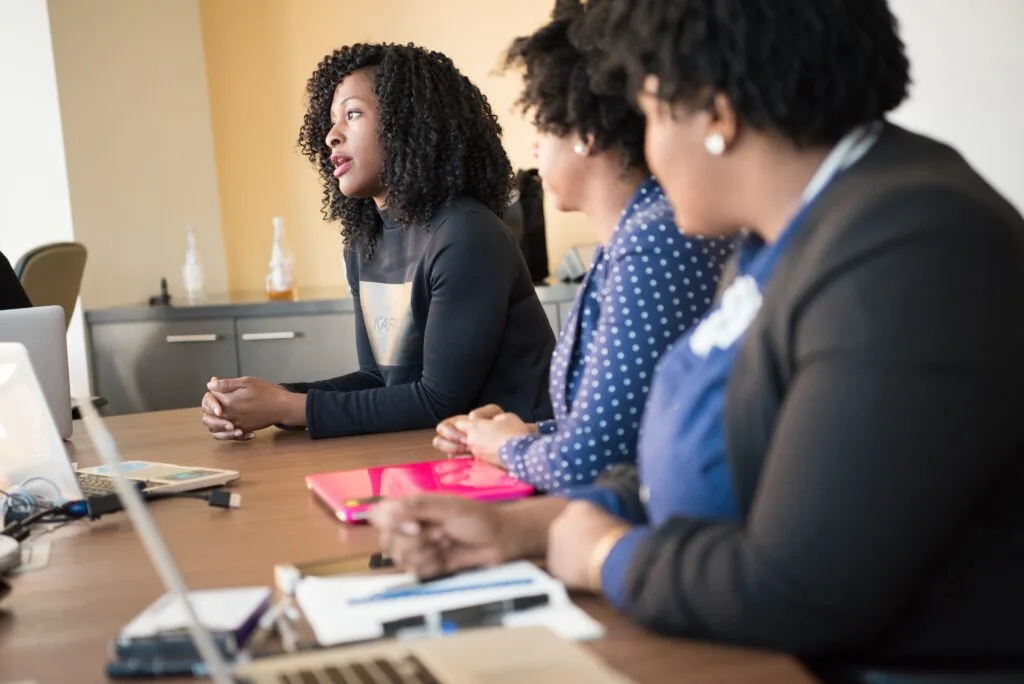
Why should women be interested in working in the transport industry? What does it have to offer?
Zoe Walsh:
Ironically, despite women currently being underrepresented in the transport sector, it is actually one of the sectors with the most to offer women. If women are also parents, driving jobs can offer a freedom and flexibility that most office or retail jobs can’t. Call takers can work from home and there are plenty of term time only contracts as the industry generally ebbs and flows in tandem with the academic year.
There’s also so much scope in our industry for real career progression – as my own background shows. So, for a woman just coming out of education, a woman returning to work or a woman thinking of a career-change or semi-retiring, there are just so many opportunities in our industry. And the skillsets are very transferable. These are just some of the benefits we are trying to communicate to women via the Think Pink alliance.
Jacqueline Starr:
It offers variety, a plethora of transferable skills, huge scope to progress, endless forums and groups to engage with by way of networking and enhancing your career, mentoring programmes, significant training opportunities, a sense of community and a chance to have a real impact on the nation’s railway.
Jennifer Christie:
It’s a great place to build your career. As I said earlier – despite the variety of roles I’ve had over the years and organisations I’ve worked in – transportation is an area I’ve always found myself leaning into. You’ll have the opportunity to work with smart, motivated and inspirational people. And it’s a great sector to be working in where you’re constantly working with new design, innovations and technologies needed to make a project a success.
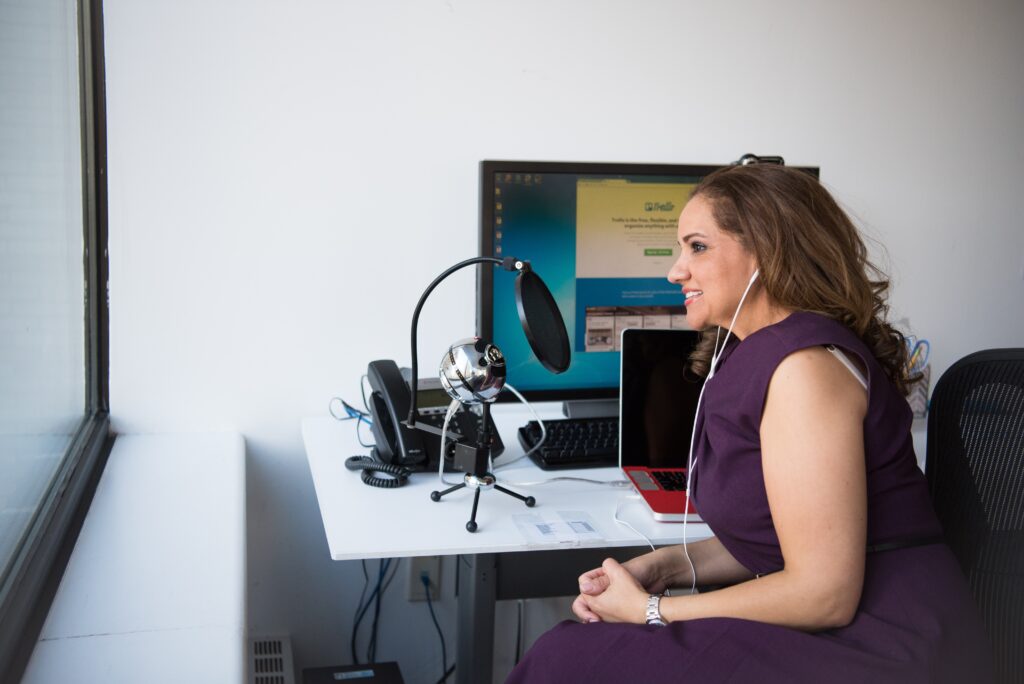
What advice would you give to other women who would like to work in the transport sector and those who aspire to be a senior leader in this industry?
Charlene Wallace:
You can do it! Multiple perspectives often bring better solutions. There are so many employers who will support and encourage your career journey and will adapt their current ways of working to make it happen. Many companies now understand that engaging and retaining more women in the workplace will have a really positive impact on the wider industry
Kelly Barlow:
Don’t shy away from what you want to achieve. You have a voice and you matter so don’t take ‘no’ for an answer and push hard on the doors that show an opening. I would also say use your network to help you pursue your ambitions.
Rachel Hughes:
It’s a fantastic industry with some much potential for positive change in the future due to the drive for net zero and advances in technology.
Work hard, smile, and treat others as you would like to be treated helps as you never know when you will work with them again. Don’t be afraid to ask advice from women senior leaders as well as helping other women lower down the ladder to progress.
Zoe Walsh:
I would advise women coming into this sector to have confidence in themselves, their knowledge and their skills, even if they are new to the industry they will still have a lot to offer, perhaps more than they realise. Put yourself forward, absorb as much as you can from as many sources as you can and never be afraid to ask questions. I love that no two days are ever the same and think this would appeal to a lot of women – as well as the opportunity to solve problems, help people who are sometimes vulnerable and find new and improved ways of providing a great service.
GLH has been established for over 55 years and the reason for this is because we constantly look for better ways of doing things – for the environment and for our customers. We welcome ideas from everyone, value our people and see everyone as just that – people; not a gender or a job title, just people.
When it comes to career progression, my advice would be that the opportunities are there, so go for them! Don’t let any insecurities about where you’ve come from or what you think you can/can’t manage hold you back. Never let one knock-back make you give up, learn from it and try a different way forwards.
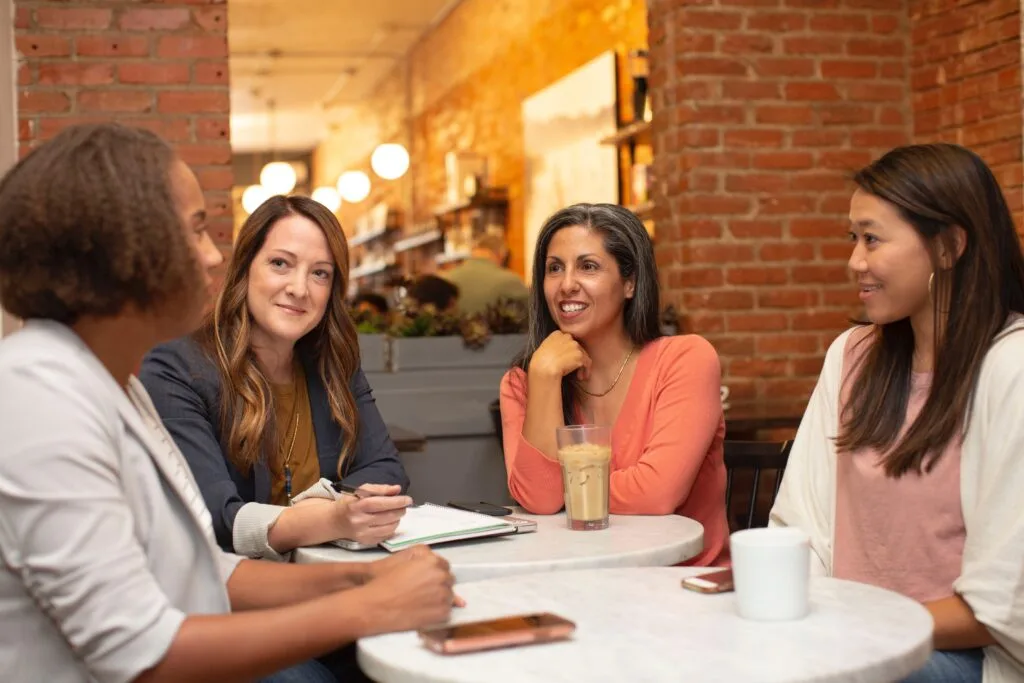
What does International Women’s Day mean to you?
Jools Townsend:
IWD for me is a symbol of how far we’ve come, but also how far we have to go, in building a truly inclusive society where everyone can feel comfortable and confident and live their lives to the fullest. I think it’s also a fantastic celebration of the huge contribution women have made throughout history – much of which has been historically side-lined so it is so important to bring to the fore – and the contribution we all have to make to a happy, inclusive sustainable future.
Jennifer Christie:
It’s an important moment in time to both highlight the achievements of women all over the world and throughout history but also crucially act as a call to action to deepen and broader equality for all underrepresented groups in society.
Jacqueline Starr:
It’s a chance to just take stock and remember all exceptional female talent. I find it incredibly inspiring.



